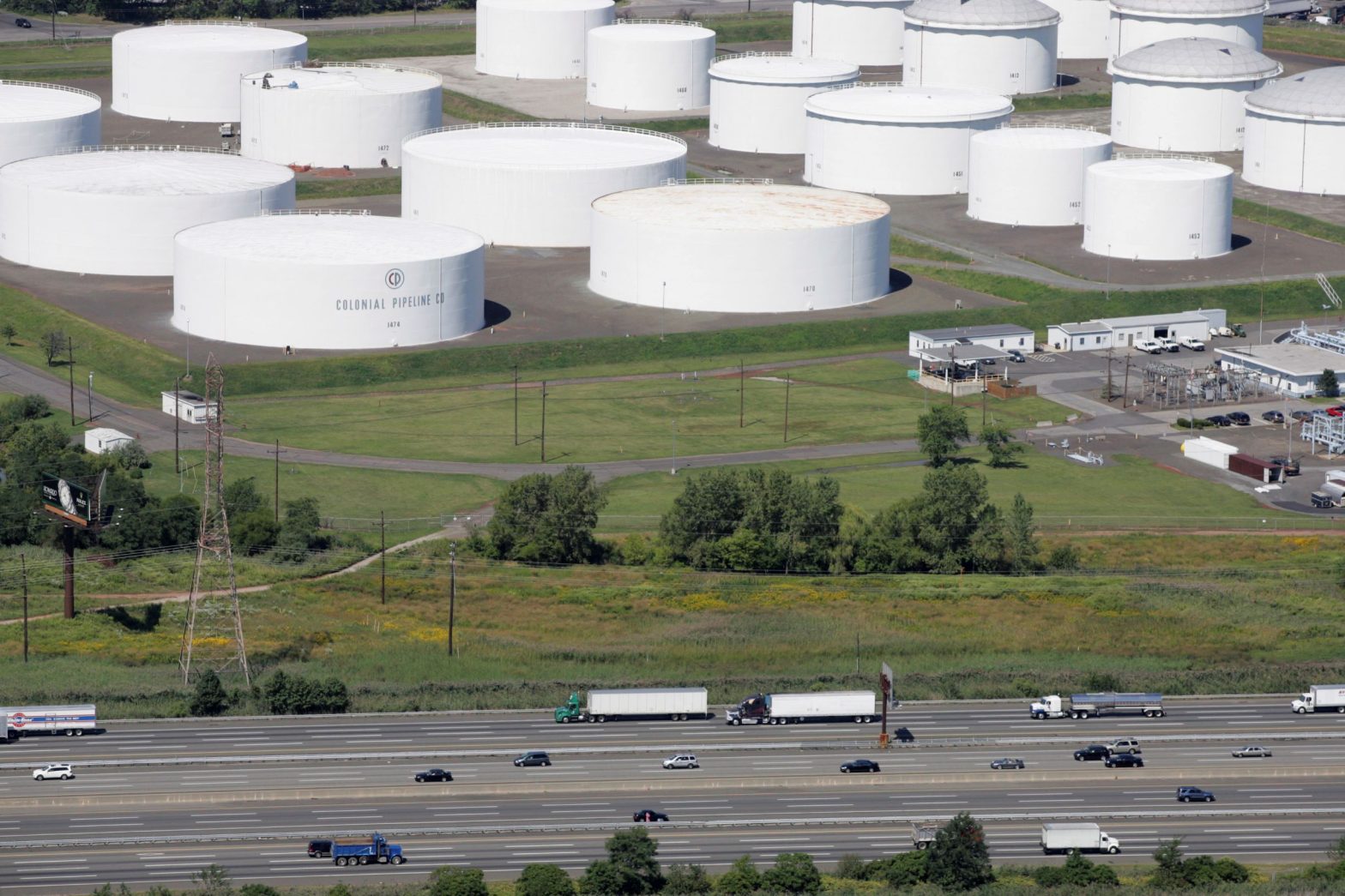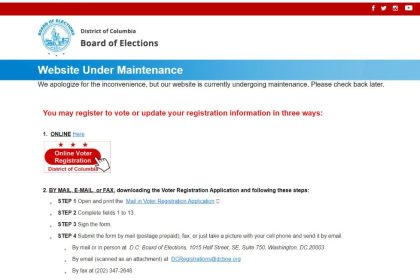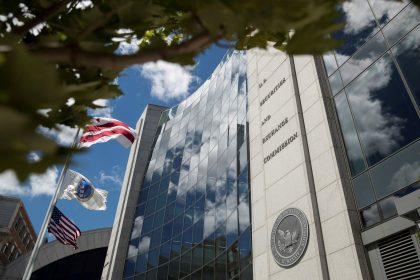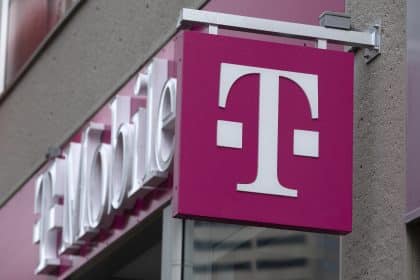Biden Says Colonial Pipeline Attack Tied to Russian Ransomware Hackers

WASHINGTON — The ongoing energy crisis created by a Russian gang’s ransomware attack late last week led the Biden administration to announce a multi-pronged strategy for confronting it on Monday.
While President Biden declared an emergency, Colonial Pipeline officials said they expect to resume transporting most of the company’s roughly 100 million gallons of gasoline and other fuel daily by the end of this week.
The company’s pipeline serves customers along a route that runs from Houston to New York, representing about 45% of the refined fuel sold on the East Coast.
A group the FBI identified Monday as “Darkside” not only shut down Colonial Pipeline but also stole 100 gigabytes of data from the company’s servers. The members threatened to release the information on the internet if it is not paid a ransom of an undisclosed amount.
Biden added, “There is evidence that the actor’s ransomware is in Russian. They have some responsibility to deal with this.”
The gang posted a message on the dark web saying they wanted “only to make money” but denied any government affiliation.
Ransomware refers to an attack by computer hackers who lock out the rightful users and say they will not unlock the network until the victims pay a fee.
Biden announced a “whole of government” emergency response Sunday. The Energy Department is taking the lead, first by calling utilities to discuss strategies for stopping the attacks and also assessing the damage with state officials.
Other agencies joining the response after White House meetings during the weekend are the departments of Defense, Homeland Security, Transportation, Treasury and Justice.
The Justice Department is using its cybersecurity task force that started operating last month. Biden said he is putting together an executive order to deal with the emergency.
On Sunday, the Transportation Department announced it would relax restrictions on transporting fuel by trucks during the pipeline interruption. The temporary rules expand the “hours of service” trucks and their drivers can operate on highways in the affected states.
“[The Transportation Department’s] top priority is safety, and while current circumstances dictate providing industry flexibility, [the Federal Motor Carrier Safety Administration] will work closely with its state and industry partners to monitor driver work hours and conditions for the duration of the exemption,” a Transportation Department statement says.
The ransomware targeted at Colonial Pipeline is heightening concerns about the vulnerability of U.S. computer-controlled infrastructure after several high-profile attacks. They included the 2020 SolarWinds hack, also traced to the Russians.
SolarWinds compromised sensitive data from many government agencies, including the Defense Department, the Treasury Department, the State Department and the Homeland Security Department.
The Justice Department announced last month that 2020 was the worst year yet for ransomware attacks. Some of the demands for money reached into the millions of dollars.
Biden said at a White House press conference Monday that the attacks reaffirm the need for the improved infrastructure he plans as a centerpiece of his $2.3 trillion economic development plan. One component of his plan that started last month is a public-private cybersecurity initiative.
“It began with a 100-day sprint to improve cybersecurity in the electric sector, and we will follow that with similar initiatives for national gas pipelines, water and other sectors. In addition to companies stepping up, we need to invest to safeguard our critical infrastructure,” Biden said.
However, he acknowledged that the government must depend on private companies for much of the security. They own about 85% of the nation’s infrastructure, according to government estimates.
Elizabeth Sherwood-Randall, the White House domestic security adviser, said during the Monday press briefing, “When those companies are attacked, they serve as the first line of defense and we depend on the effectiveness of their defenses.”
Alpharetta, Ga.-based Colonial Pipeline claims its 5,500-mile network is the largest U.S. pipeline carrier of refined fuels.
























